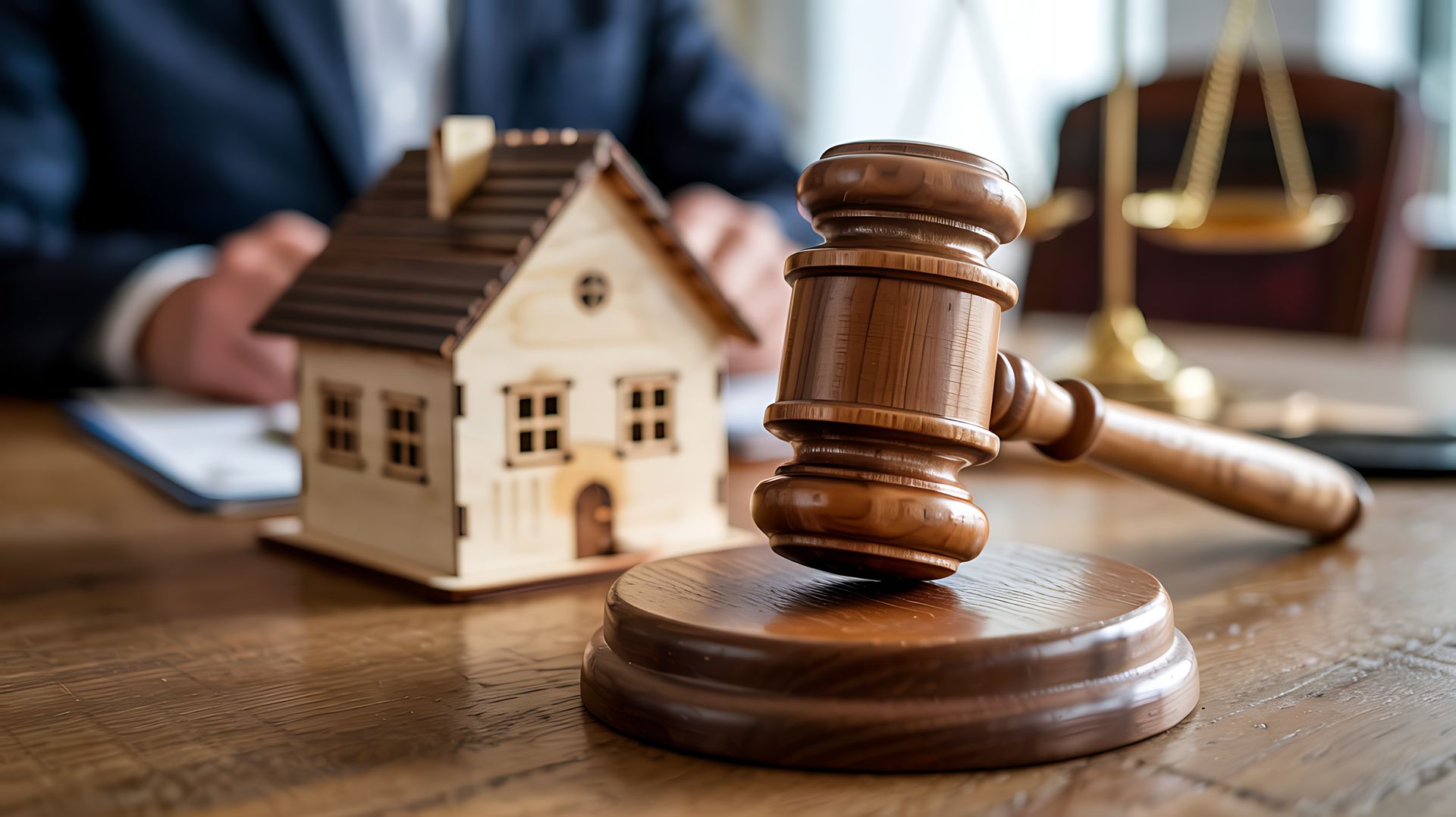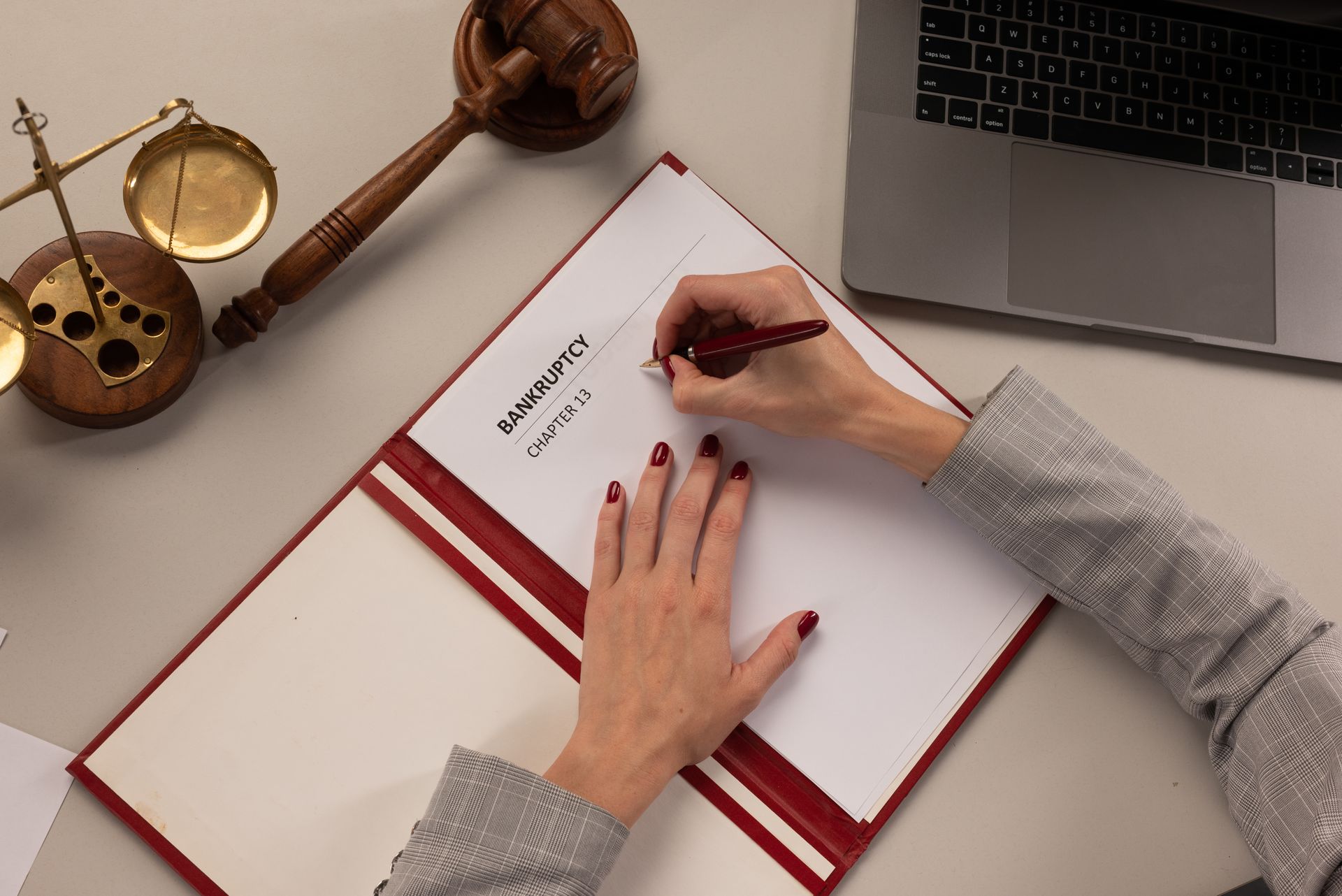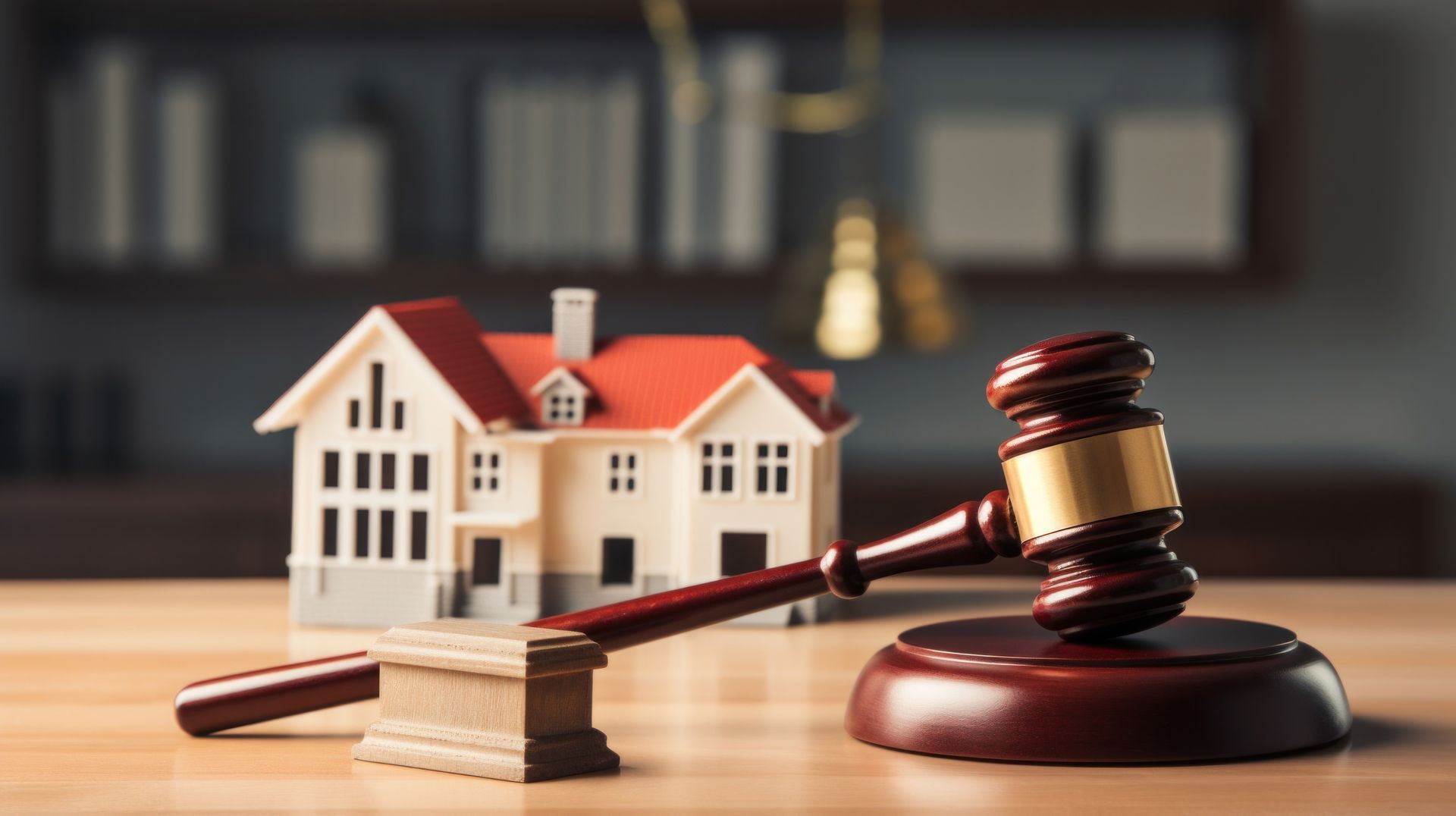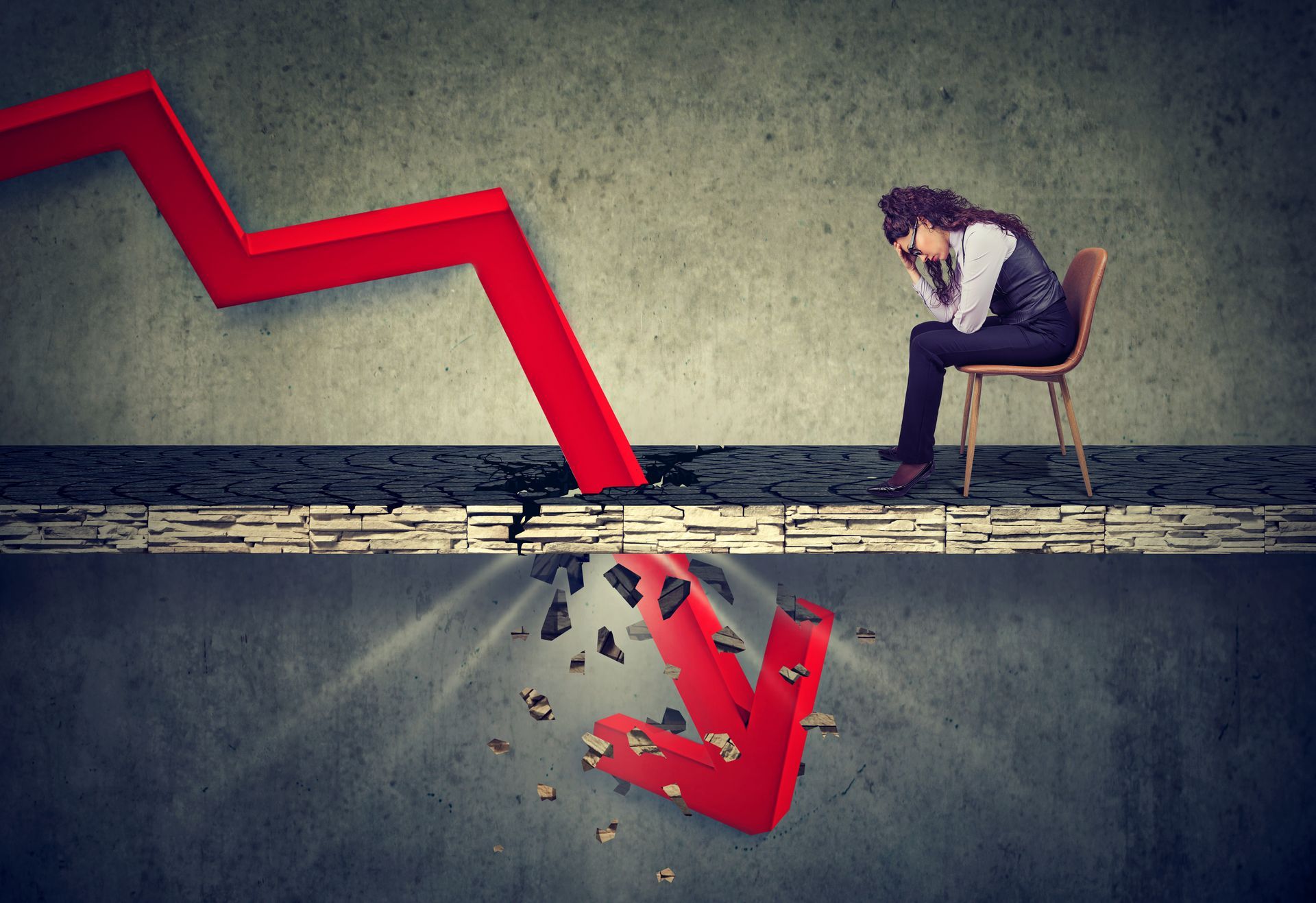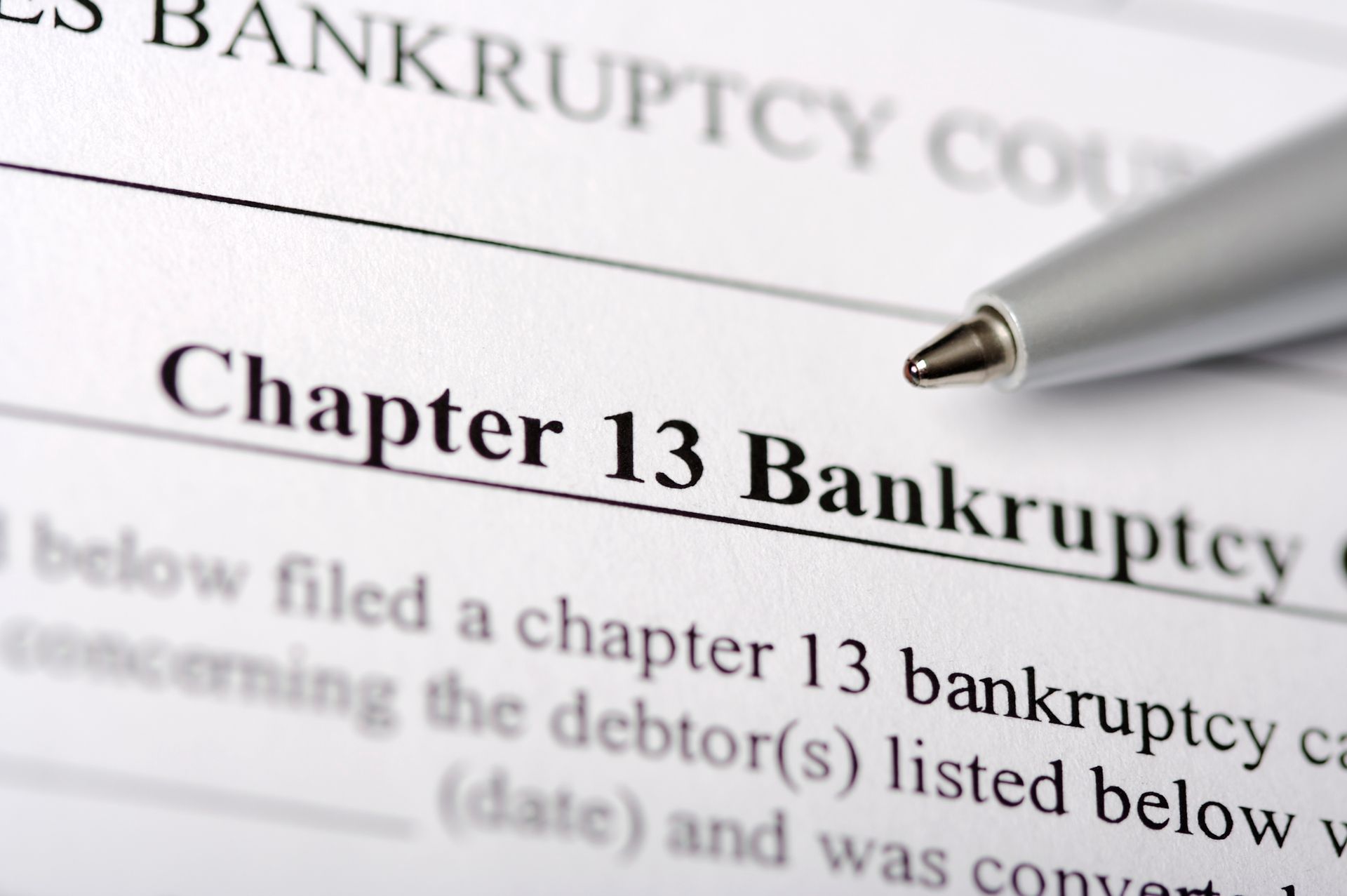Avoid Foreclosure Defense Scams! Find a Reputable Debt Relief Law Firm Metuchen NJ
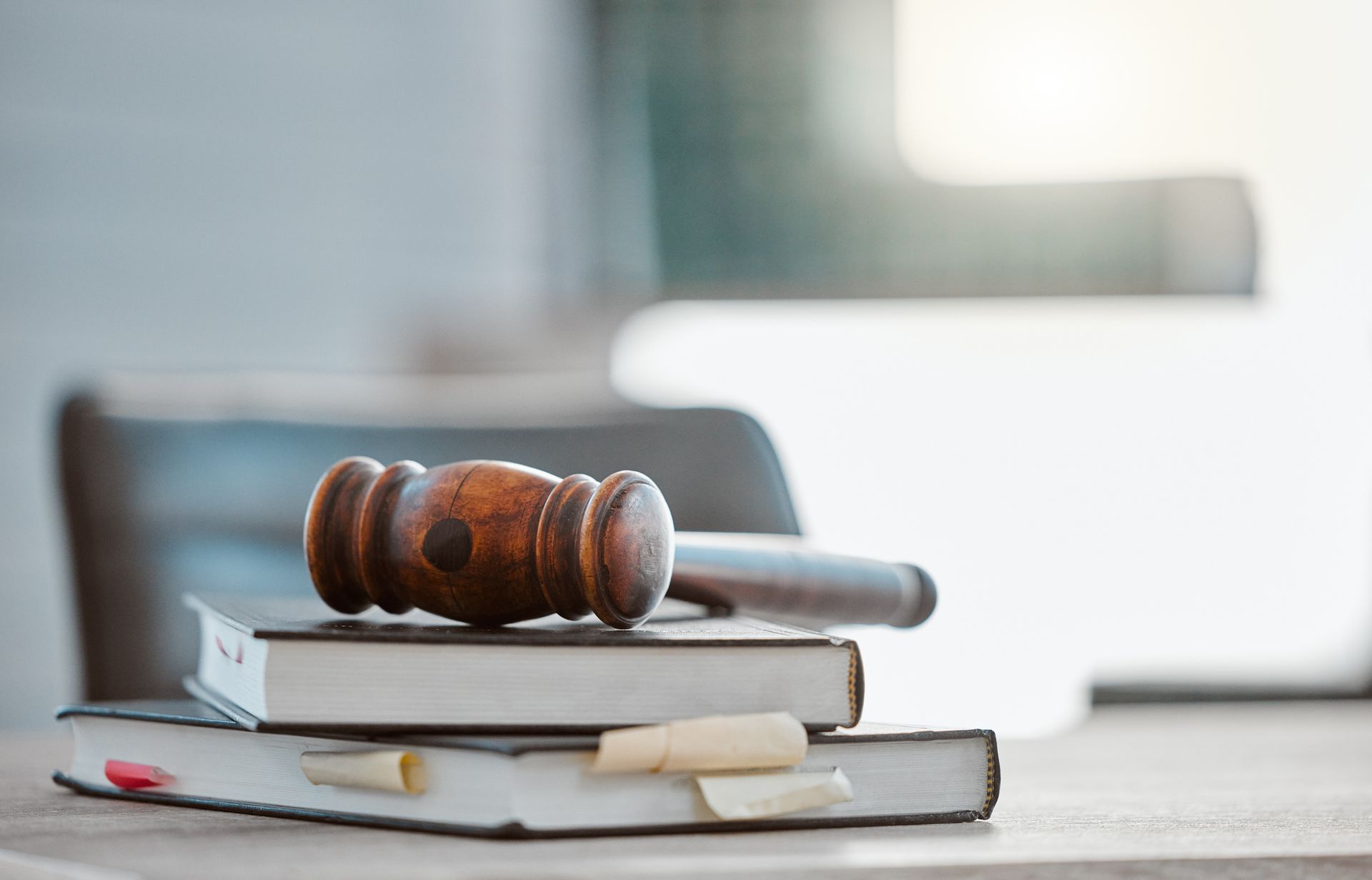
New Jersey experienced a significant increase in foreclosures in 2025. Cost of living increases, high housing prices, and a stagnant job market have led many NJ individuals and families to struggle financially this year. In response to this, scammers and other malicious actors are increasingly emerging. Folks struggling with unmanageable debt may be tempted by scams promising quick relief and easy answers. As a debt relief law firm in Metuchen, NJ, Veitengruber Law can help you find legitimate, legal, and practical solutions to debt.
The NJ Department of Banking and Insurance is warning residents of an increase in ads, direct-mail solicitations, and other seemingly legitimate marketing ploys targeting NJ consumers. While these businesses and companies may make big promises about loan modification and debt relief, those promises are often empty.
Here are some things all NJ consumers should know to avoid falling into a long modification scam:
1. What is a loan modification?
A loan modification is when a lender and a borrower agree to change the terms of an existing loan to make the payments more affordable, allowing the borrower to avoid default or repay past-due debt. This can be achieved by extending the loan's term, adjusting the loan's interest rate, or even forgiving a portion of the loan. Under NJ law, loan modification falls under the category of "debt adjustment."
A" debt adjuster" is a person who acts as an intermediary between a debtor and a creditor for the purpose of altering terms of payment, OR who receives money or other property from the debtor and provides it as payment to the creditor.
2. Who can be a debt adjuster?
NJ law is very clear about who is legally allowed to be a debt adjuster. That includes:
- The lender or owner of the loan
- The loan servicing company
- An individual or entity licensed by the Department as a Debt Adjuster
- Other entities exempt from debt adjuster licensure, like nonprofit social services agencies or nonprofit consumer credit counseling agencies
Unless a business falls under one of the above categories, it is not a legitimate debt relief service, regardless of how it presents itself.
3. What can happen with loan modification scams?
Folks who seek the services of dishonest debt relief companies can find themselves in a worse position. Many of these companies require a substantial investment up front without providing a clear return on that investment. Victims of debt relief and loan modification scams can experience some dire financial and legal consequences, including:
- Payment and loss of exorbitant upfront fees with no legitimate services in return
- Loss of precious time during time-sensitive default or foreclosure processes
- Loss of title to home or other property without benefit
- Significant damage to the credit report and credit score
4. Who can I trust with a loan modification or debt relief?
If you are struggling with your mortgage or other debts, working with an experienced New Jersey debt relief attorney, such as Veitengruber Law, is a wise choice. Veitengruber Law is knowledgeable of NJ consumer laws, foreclosure defense, bankruptcy law, and debt relief solutions. We can provide direct legal representation and are bound by strict professional and ethical guidelines. We are skilled negotiators with over a decade of experience working with lenders.
Metuchen debt relief law firm Veitengruber Law can help you protect your legal rights as you work through unmanageable debt. We are transparent with our fees and our process. Our goal is to give our clients the knowledge and self-confidence to make informed decisions about their financial future.
